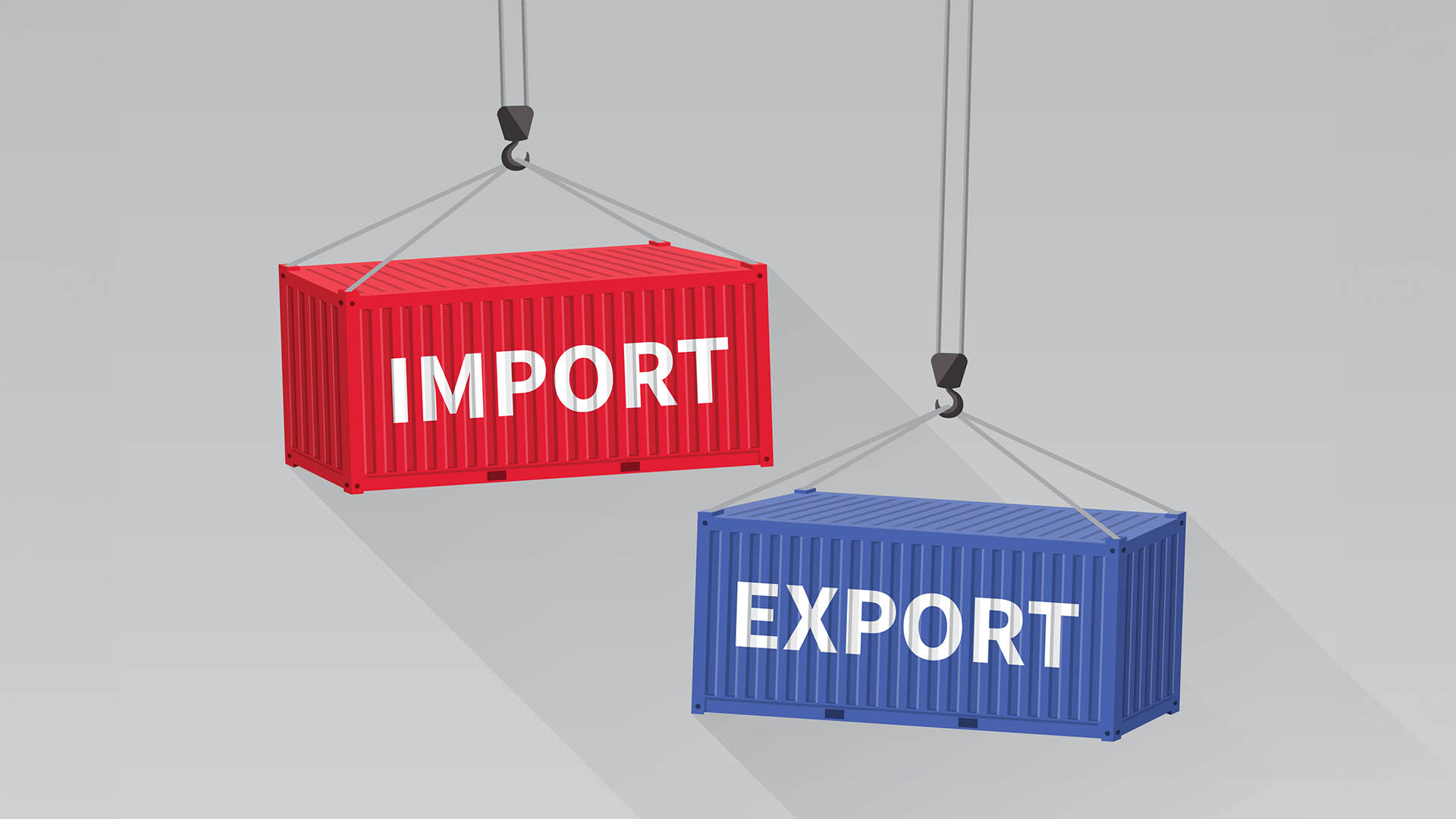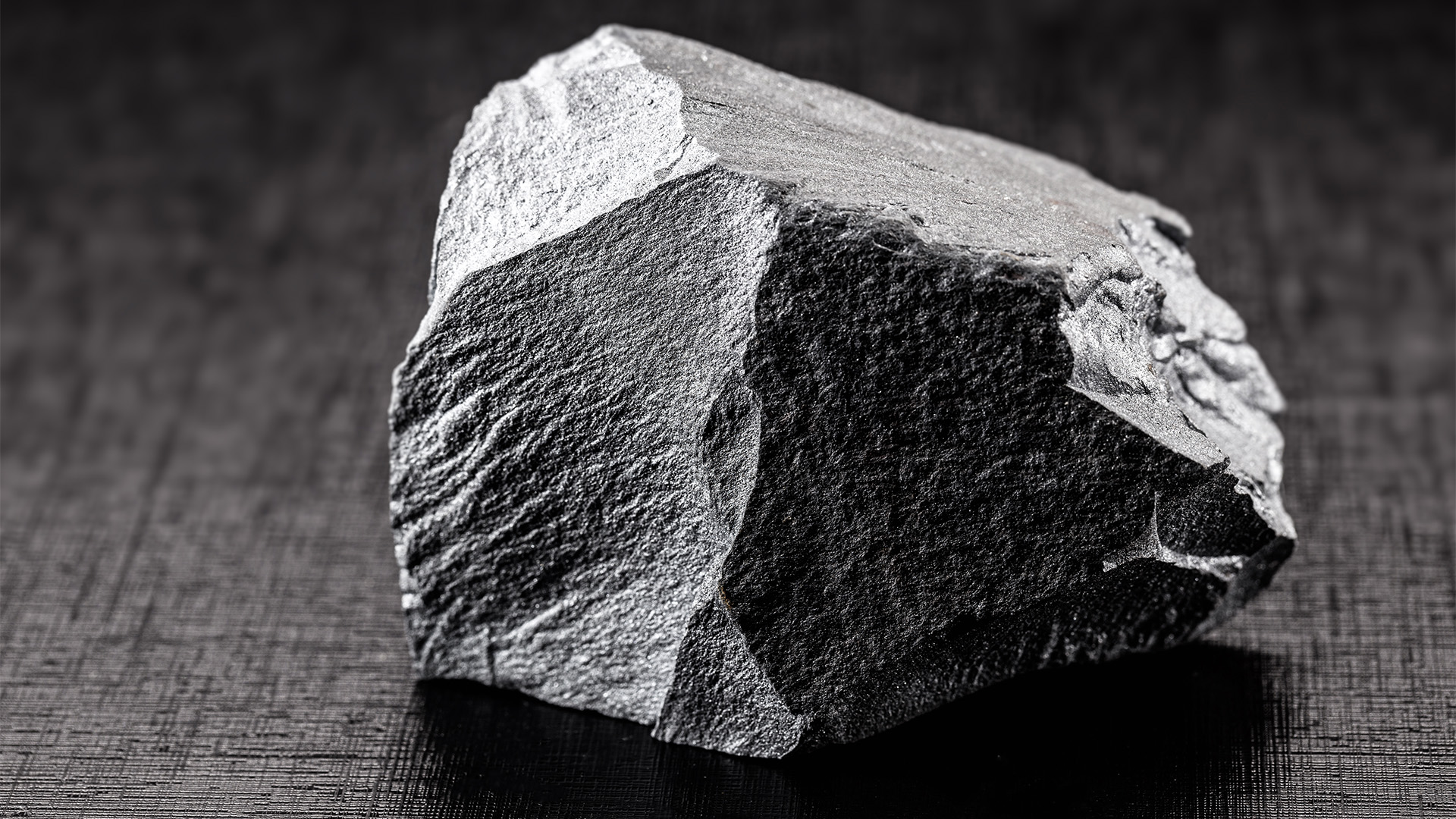The slide in iron ore prices and export volumes saw Australia’s goods surplus fall to a five-month low in February.
Data from the Australian Bureau of Statistics on Friday showed that exports fell to their lowest level in four months while imports hit a five-month high.
The ABS said the goods trade surplus fell to $7.28 billion in February, from a downwardly revised $10.06 billion in January ($11.07 billion originally reported) and below market forecasts of $10.4 billion.
It was the smallest trade surplus since last September, as exports fell 2.2 per cent from January to a four-month low of $45.52 billion, mainly dragged by lower prices for some metal ores and minerals and a small drop in volumes.
On the original basis, outbound shipments to the country's largest trading partner, China, shrank by 10.1 per cent while those to Japan and Hong Kong fell by 2.1 per cent, and 23.8 per cent, respectively.
Exports of metal ores and minerals, Australia's top export product, shrank by 8.4 per cent or $1.3 billion, but shipments of non-monetary gold leapt to more than $2.6 billion because of higher volumes and higher US dollar prices and a weaker Australian dollar. That was down $756 million from January’s $3.45 billion.
Meanwhile, imports rose 4.8 per cent to a five-month high of $38.24 billion, mainly boosted by processed industrial supplies.
The ABS said that purchases of intermediate and other merchandise surged by 9.5 per cent, boosted by processed industrial supplies n.e.s. (not elsewhere specified), which were up 15.9 per cent or more than $600 million.
Transport equipment parts rose 9.4 per cent and fuel and lubricants (oil and petrol) were up 4.4 per cent.
Imports of consumption goods grew 2.8 per cent to $12.02 billion, supported by consumption goods n.e.s. (9.1 per cent), food and beverages, mainly for consumption (5.7 per cent), and textiles, clothing and footwear (2.4 per cent). Further, purchases of non-monetary gold climbed 7.2 per cent to $873 million.
In contrast, imports of capital goods fell 0.7 per cent to $9.10 billion, weighed by industrial transport equipment n.e.s. (-7.4 per cent).














